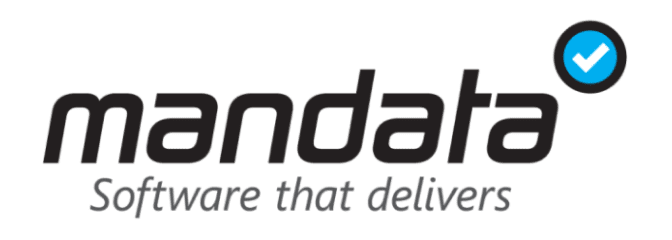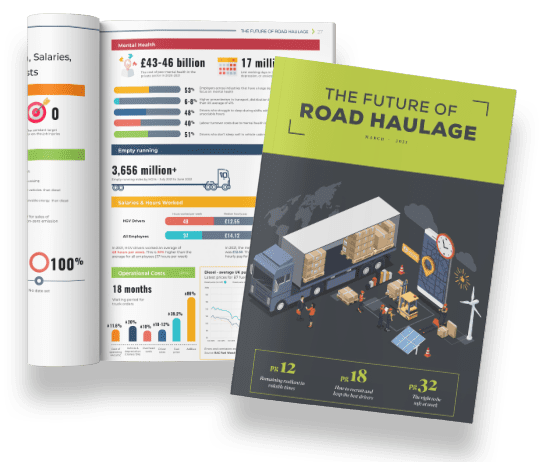More Brexit Changes: Navigating the UK's New Import Border Controls from the EU
After several delays and amendments, the UK Government has finally unveiled the plans for implementing full border controls on imports of animals, plant and all FMCG type goods from the European Union (EU). In this article, we’ll explore what this means in practical terms what these tightened restrictions look like and how businesses should prepare for the changes.
Current status: how EU imports differ
As of the current situation, EU imports have been subject to certain distinctions compared to imports from the rest of the world. Currently, safety and security declarations are not required, and stricter controls usually only apply to agri-food imports, meaning that generally documentation and imports from the EU are currently easier to complete.
Upcoming changes: Border Target Operating Model
In August 2023, the government announced its finalised roll out plan for the Border Target Operating Model (often referred to as BTOM or TOM) for EU imports to the UK. BTOM is essentially a list of more stringent rules, regulations, and procedures to facilitate smooth passage of goods between the UK and the EU.
The endgame for the complete implementation to this set of requirements for safety and security declarations (which applies to all goods) has remained unchanged from the original draft, which is 31st October 2024.
This implies a massive shift in working practices for a lot of businesses in the supply chains, so it was announced that the changes would be implemented in phases rather than all at once:
(Phase 1) 31st January 2024: Sanitary and phytosanitary (SPS) certificates will be extended to medium-risk animal products, plants, plant products, and high-risk food and feed of non-animal origin. These requirements are required by DEFRA (Department for Environment, Food & Rural Affairs). Categories ‘low’, ‘medium’ and ‘high’, will determine the level of documentation and regulatory checks required.
(Phase 2) 30th April 2024: Documentary and risk-based identity and physical checks will be extended to the same range of products. For medium-risk products, some physical checks will occur, however there will be a 100% inspection rate for any high-risk products (please see table below).
31st October 2024: Safety and security declarations will be required for all


The implications of these changes
The implementation of these full border controls on EU imports will bring them in line with the requirements for imports from the rest of the world. In doing so, this does mean that EU imports will face increased administrative processes, with potential delays, especially initially whist these procedures are put in place.
Practical consequences for businesses
Businesses relying on EU imports should be aware of two key practical consequences:
- Disruption During the Transition: The phased introduction of controls may lead to disruptions as businesses and systems adapt to the new rules, particularly during Q1 and Q2 of 2024. Preparedness of others in the supply chain can impact the timely arrival of goods.
- Impact on Groupage for Agri-Food Products: The changes in controls for agri-food products could render the practice of “groupage” impractical or more difficult, potentially increasing transportation costs.
How to prepare for these changes
“The critical thing is preparedness. Businesses are making investment and supply chain decisions for the long term and need to be confident that the physical and digital infrastructure around the GB border is going to be in place on time,” William Bain, Head of Trade Policy at British Chambers of Commerce.
Indeed, the post-Brexit landscape is certainly one that is fluid. New amendments and changes are introduced regularly, so it can be tough to keep up. As Willaim says, the best advice to give is be prepared. By monitoring news and government outlets, operators can stay updated with the latest changes so that they are fully prepared and informed regarding what will be required from them going forward.
Crucially, ensuring that all relevant and required documentation for goods being imported / exported are completed, available and up-to-date is essential, not only for the completion of border checks, but also to enable smooth passage between EU and non-EU borders with minimal delays.
A comprehensive resource to help keep this information accurate is a transport management system (TMS). From orders to dispatch, dispatch to delivery, a TMS follows goods on the journey to their end customer, with real-time updated information. Using a system like this assures that data is as accurate as possible, helps manage documentation and therefore avoid delays or penalties, and overall makes operators lives easier.
* Note that the information presented here has been updated as of October 2023 to reflect the latest developments in the timeline for implementing these controls.
Read more: The Future of Road Haulage

